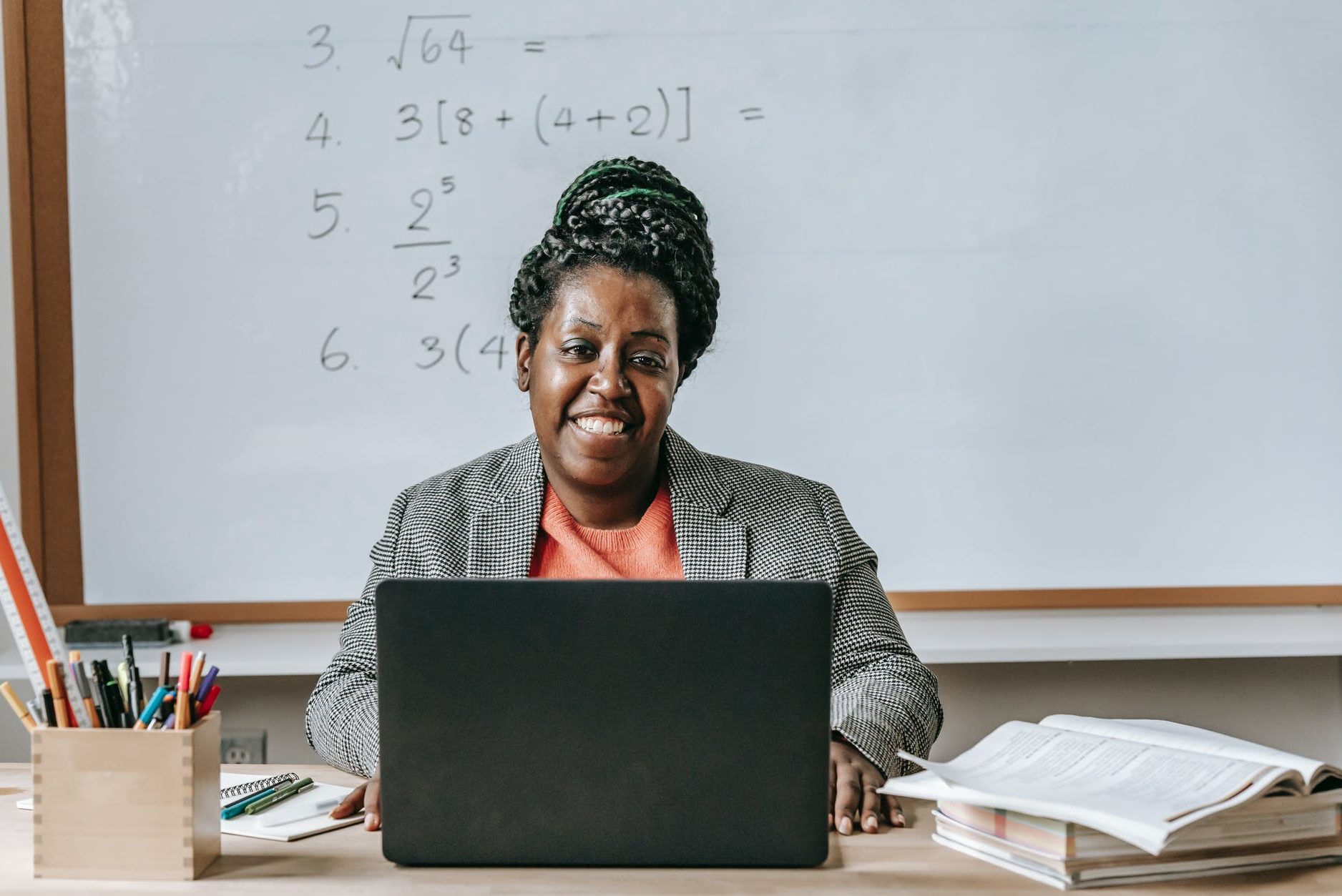Fall 2024 registration for Iowa Online AP Academy (IOAPA) is now open! Do you have Iowa students in 6th grade or above? IOAPA is here to empower you with free access to asynchronous advanced courses. The aim of this program is to bridge the gap, ensuring that every student has the opportunity to explore challenging subjects.
Why IOAPA?
- Access for All: IOAPA opens doors that might otherwise remain closed. We believe that every student deserves a chance to excel, regardless of their school district’s offerings.
- Empowering Rural Schools: By providing advanced courses online, IOAPA lightens the load for rural schools. No more limitations due to classroom availability or staffing constraints.
- Support: IOAPA staff and our course vendors are here to help you every step of the way, from planning to deciding how best to document your students grade. Also, visit our website, you can find a wealth of information, including our course catalog, important dates, registration, and information about getting started, along with support materials designed to help you and your students make decisions about course selections.
Explore Our Course Catalog:
High School Students (16 AP Courses):
- AP Biology
- AP Calculus AB
- AP Chemistry
- AP Computer Science A (Java)
- AP Computer Science Principles
- AP English Language and Composition
- AP English Literature and Composition
- AP Environmental Science
- AP French Language and Culture
- AP Macroeconomics
- AP Microeconomics
- AP Psychology
- AP Spanish
- AP Statistics
- AP U.S. Government
- AP U.S. History
Middle School Students (15 Advanced Courses):
- Algebra I
- Algebra II
- Biology
- Computer Science Python Fundamentals
- Creative Writing
- Environmental Science
- Geometry
- Physical Science
- Precalculus
- Probability and Statistics
- Psychology
- Spanish I
- U.S. History since the Civil War
- U.S. History to the Civil War
Ready to Register? Follow These Steps:
Step-by-Step Registration:
- Visit Our Website:
- Head to belinblank.org/ioapa.
- Review the Getting Started information.
- Register Your School:
- Principals, take the lead! Register your school by clicking “Register” here.
- Assign the two on-site roles (can be held by the same person):
- Site Coordinator: Oversees IOAPA activities at your school.
- Mentor: A certified teacher who guides students through the program.
- Nominate Students:
- After registration, you’ll receive an automated email with a link to nominate students.
- Identify the students who will participate in IOAPA courses.
- Student Self-Enrollment:
- Nominated students receive an email inviting them to enroll in their chosen courses.
- Remind them to check their junk mail folders—important emails sometimes end up there!
- Students complete the enrollment process and click “Submit.”
- College Board Requirements:
- Register your school with the College Board.
- Complete the AP Course Audit process for Online/Distance Learning courses by the end of January. This allows you to label courses as “AP” on students’ transcripts. Detailed instructions for Project STEM courses can be found on our website.
- AP Exam Ordering:
- Encourage high school students to take the AP exam.
- Order all AP exams by the College Board’s deadline.
- Keep an eye out for emails about applying for our IOAPA AP exam scholarships.
As always, please feel free to reach out to us at ioapa@belinblank.org with any questions or concerns.






























 our essays now! We ask for two separate pieces of writing from you: First, a 750-word essay describing your research interests and background; And second, a 750-word essay explaining why SSTP is a good fit for you. We recommend writing and editing your essays in a separate document and pasting them into the application platform once you’re satisfied with your work. Please bear in mind that the essay fields in the online platform will save your essays as plain text, meaning that your formatting will not be kept.
our essays now! We ask for two separate pieces of writing from you: First, a 750-word essay describing your research interests and background; And second, a 750-word essay explaining why SSTP is a good fit for you. We recommend writing and editing your essays in a separate document and pasting them into the application platform once you’re satisfied with your work. Please bear in mind that the essay fields in the online platform will save your essays as plain text, meaning that your formatting will not be kept.

























 Five finalists from the
Five finalists from the